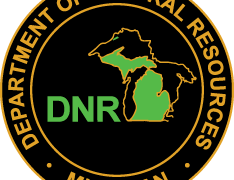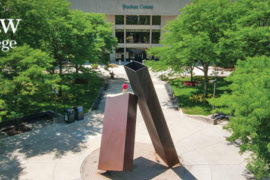LANSING — Michigan Department of Agriculture and Rural Development (MDARD) Director Gary McDowell, along with the Michigan Agricultural Preservation Fund Board (APFB), has awarded $1.8 million in agricultural preservation fund grants to seven local farmland preservation programs to close on permanent agricultural conservation easements.
The state’s Farmland Preservation Local Grants Program provides funding to local farmland preservation programs that are qualified to close on permanent agricultural conservation easements. Twenty-four local programs were eligible to submit grants for funding. Farm preservation ensures communities have locally sourced fresh food and agricultural jobs.
“Ensuring the long-term sustainability of Michigan’s nearly 10 million acres of farmland is the foundation for preserving our food production and supply,” said McDowell. “These grants assist local preservation programs in purchasing development rights to preserve important farmland in their communities thereby protecting farmland for future generations.”

The following local farmland preservation programs received grants preserving 730 acres:
Scio Township (Washtenaw County) – $825,000
Ottawa County – $157,500
Kent County – $201,294
Webster Township (Washtenaw County) – $200,000
Washtenaw County – $244,800
Eaton County – $46,725
Barry County – $130,000
The fund will distribute $1.8 million in grants covering up to 75 percent of the costs for purchasing the development rights on agricultural land. It also helps pay for some of the closing costs associated with the conservation easements.
The APFB consists of seven members including the MDARD Director (or his/her designee) and the director of the Michigan Department of Natural Resources (or his/her designee). It was established through legislation in 2000 to award grants to local agricultural conservation easement programs.
To qualify, a county or township must have zoning authority, covered under a master plan that includes farmland preservation, passed a Purchase of Development Rights Ordinance, and created a plan for monitoring conservation easements. Local programs are selected based on the scoring system adopted by the board, that focuses on quality agricultural parcels and program achievements.
To learn more about the board and fund visit HERE












